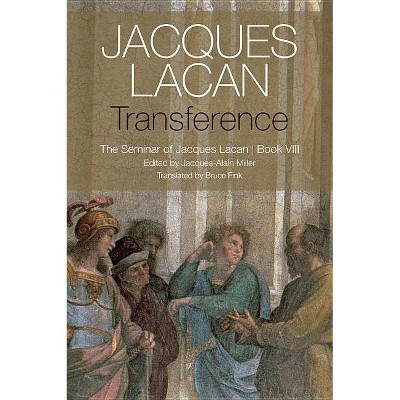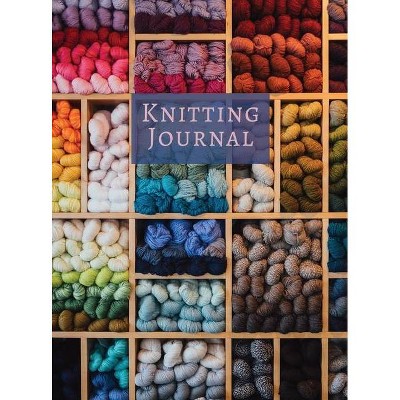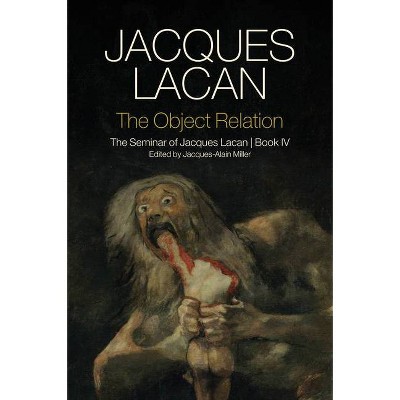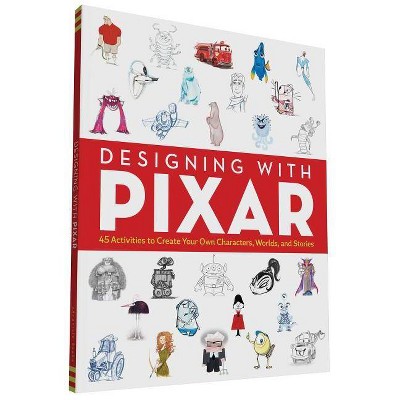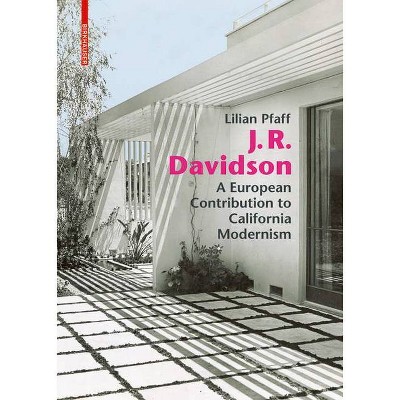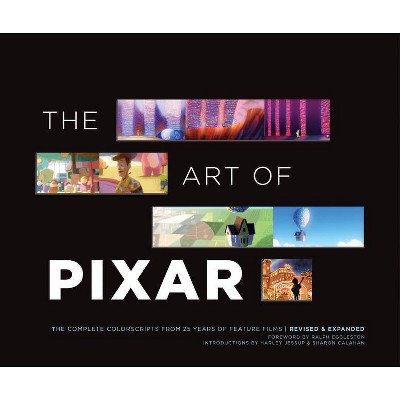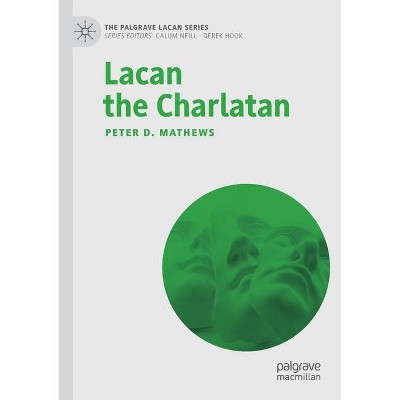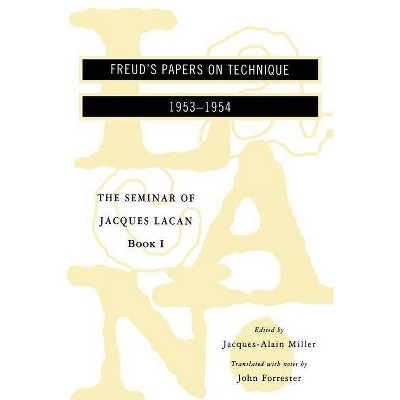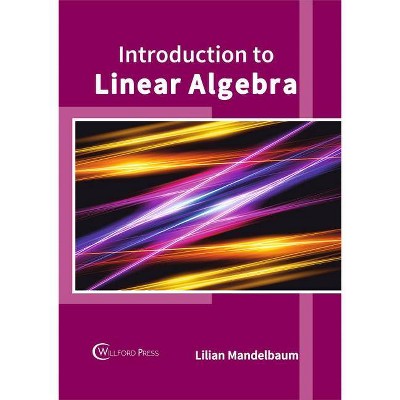Pixar with Lacan - by Lilian Munk Rösing (Hardcover)
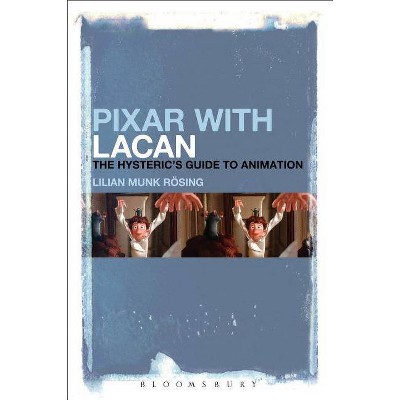
Similar Products
Products of same category from the store
AllProduct info
<p/><br></br><p><b> About the Book </b></p></br></br>"Presents Lacanian interpretations of the animations films from Pixar Studio with the double aim of analysing an influential filmic oeuvre of contemporary popular culture and giving an introduction to Lacanian cultural analysis"--<p/><br></br><p><b> Book Synopsis </b></p></br></br>The films from Pixar Animation Studios belong to the most popular family films today. From <i>Monsters Inc</i> to <i>Toy Story</i> and <i>Wall-E, </i> the animated characters take on human qualities that demand more than just cultural analysis. What animates the human subject according to Pixar? What are the ideological implications?<i><br/><br/>Pixar with Lacan </i>has the double aim of analyzing the Pixar films and exemplifying important psychoanalytic concepts (the voice, the gaze, partial object, the Other, the object <i>a</i>, the primal father, the name-of-the-father, symbolic castration, the imaginary/ the real/ the symbolic, desire and drive, the four discourses, masculine/feminine), examining the ideological implications of the images of human existence given in the films<p/><br></br><p><b> Review Quotes </b></p></br></br><br><p>"Everyone has always felt that Pixar films revolutionized animation, and this revolution seemed due simply to technological and narrative inventiveness. With the appearance of Lilian Monk Rösing's <i>Pixar with Lacan</i>, we now know the true reason for the Pixar revolution. The greatness of Pixar films stems directly from their profound engagement with Lacanian theory. The animation that Pixar creates is, as Rösing shows, the animation of the subject itself. Through a series of groundbreaking readings of all the major Pixar films, Rösing provides us with the definitive account of the reason for the Pixar revolution. If we watch Pixar films closely enough, we will have in ready to hand all the central concepts of Lacan theory, and Rösing shows us this is a breathtaking fashion." --<i>Todd McGowan, Associate Professor of Film and Television Studies, University of Vermont, USA, and author of The Real Gaze: Film Theory After Lacan</i> <p/>"I found the book imaginative, engaging and unusually perceptive about the linkage of Pixar's animation to what drives us psychologically, economically and ideologically. Munk Rosing takes on all of Pixar's films, from <i>Toy Story</i> to <i>Up!</i>, demonstrating her depth of knowledge of the techniques and innovations in animation that she then analyzes beautifully by the light of psychoanalytic theory after Freud and Lacan. This is a tour de force, a must-read for all students of contemporary culture." --<i>Juliet Flower MacCannell, Professor Emerita of English and Comparative Literature, University of California, Irvine, USA</i></p><br><p/><br></br><p><b> About the Author </b></p></br></br><b>Lilian Munk Rösing </b>is Associate Professor in the Department of Arts and Cultural Studies at University of Copenhagen, Denmark, and a literary critic. In the fields of aesthetics and psychoanalytic cultural criticism, Rösing has published (in Danish) <i>Reading the Child</i>, <i>The Catechism of Gender</i>and <i>The Return of Authority</i>.
Price History
Price Archive shows prices from various stores, lets you see history and find the cheapest. There is no actual sale on the website. For all support, inquiry and suggestion messages communication@pricearchive.us
